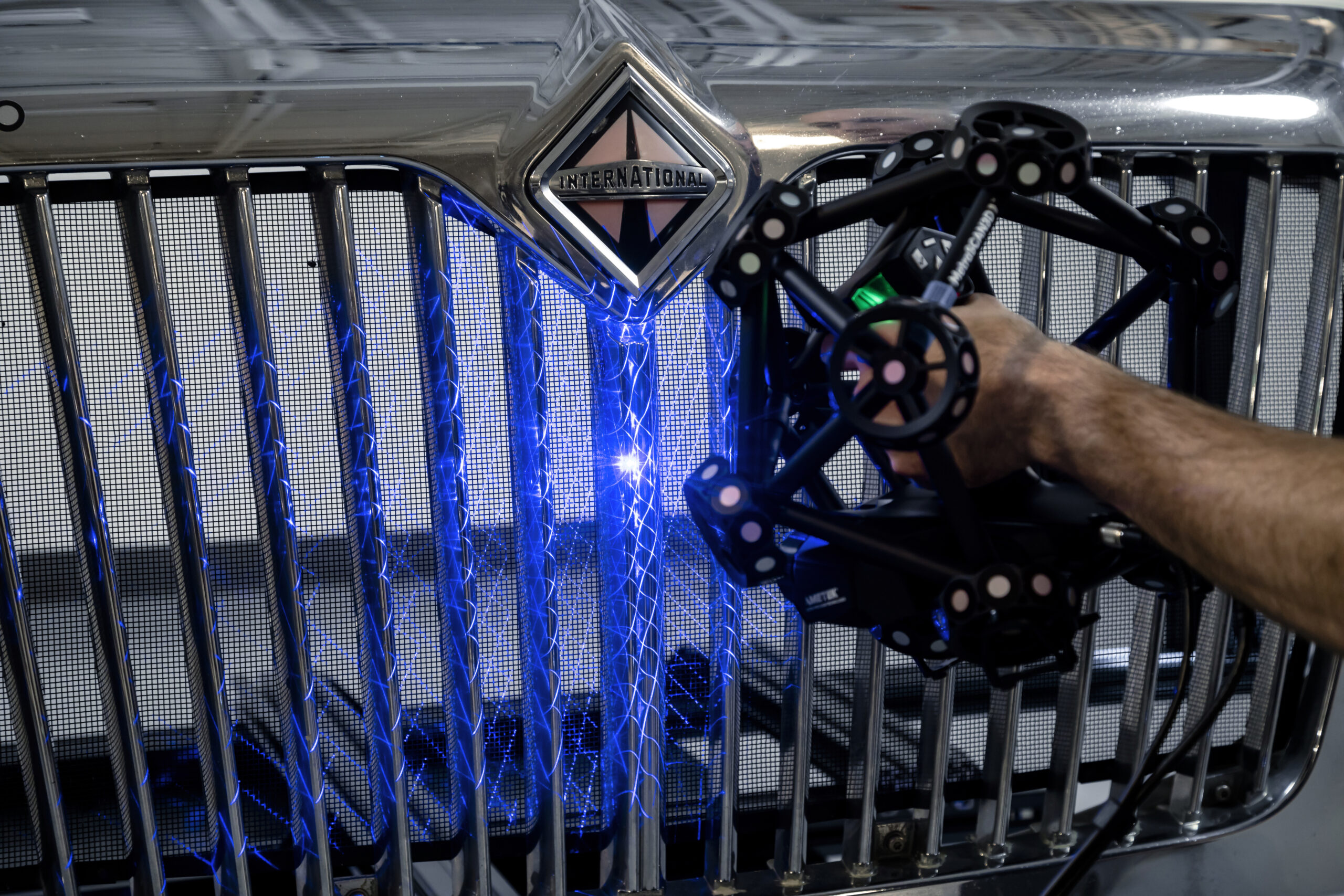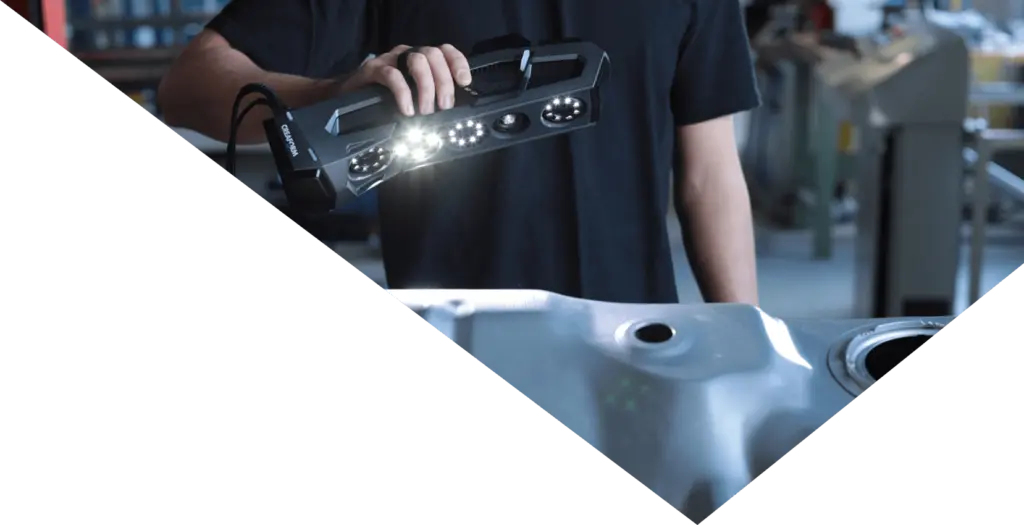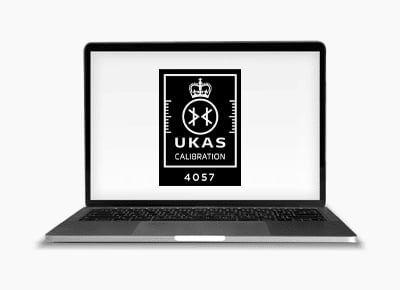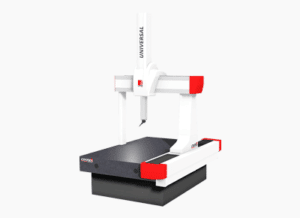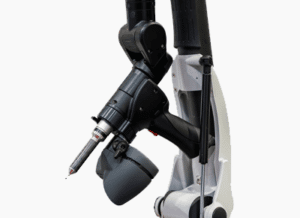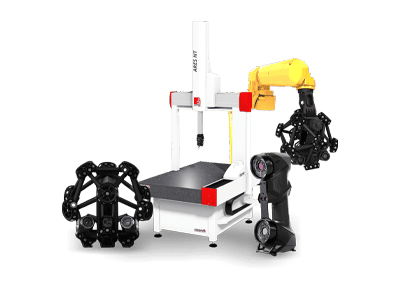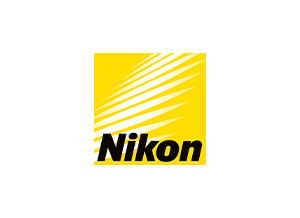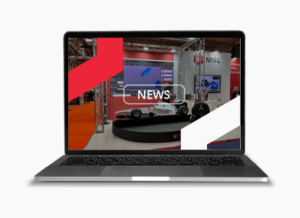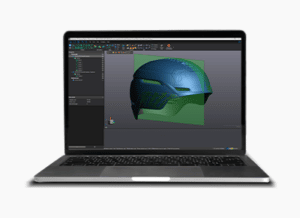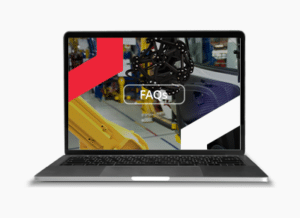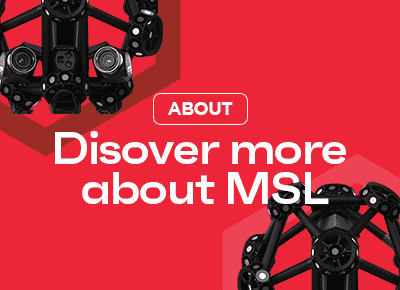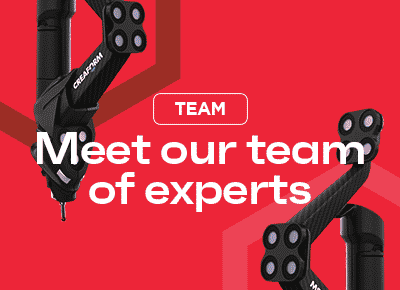As technology relentlessly advances, the applications of 3D scanning in the realm of automotive manufacturing are poised to revolutionise the industry. Here, we delve into some exciting possibilities that could profoundly shape the future of automotive manufacturing:
1. Integration with AI and Automation
The integration of 3D scanning technology with artificial intelligence (AI) represents a paradigm shift in automotive manufacturing. This synergy could usher in automated quality control processes of unprecedented precision. AI algorithms, capable of processing vast datasets in real-time, can rapidly analyse 3D scan data and instantly identify defects or deviations from design specifications. This not only reduces the reliance on manual inspection but also accelerates the identification of quality issues, allowing manufacturers to take corrective measures swiftly. Consequently, this integration enhances the overall production efficiency and product quality.
2. Optimisation of Supply Chain
3D scanning has the potential to catalyse a transformation in the management of automotive supply chains. Manufacturers can employ 3D scanning technology to continuously monitor and optimise their supply chain operations. By ensuring that components from various suppliers meet the required specifications through scanning and comparison with digital models, manufacturers can mitigate the risk of production interruptions. This results in a more streamlined and efficient supply chain, guaranteeing a consistent flow of high-quality parts and reducing manufacturing downtime.
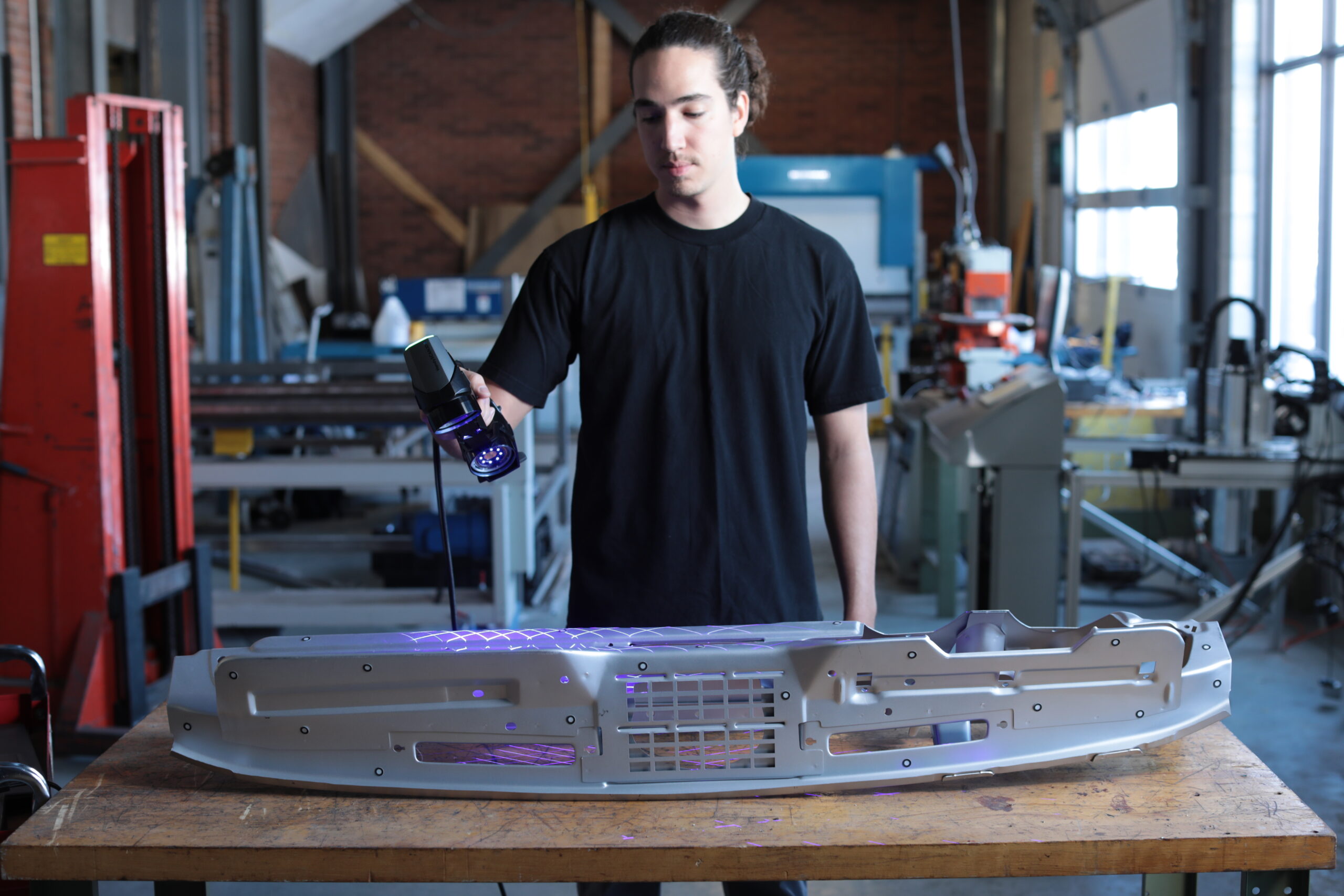
3. Sustainability and Waste Reduction
Sustainability is an increasingly critical consideration in the automotive industry. 3D scanning has a pivotal role to play in reducing environmental impact. The precision of 3D scanning technology allows for meticulous measurements and accurate digital modeling of components.
As a result, manufacturers can calculate material requirements with greater precision, significantly reducing excess material usage. This optimisation not only minimises material waste but also contributes to more efficient resource utilisation. By adopting 3D scanning for sustainability purposes, the automotive industry can make significant strides towards a greener future.
The fusion of 3D scanning technology with automotive manufacturing heralds a substantial leap toward streamlined production processes, elevated quality control standards, and enhanced product customisation capabilities. It represents a departure from traditional manufacturing methods, setting a new standard for the role of technology in modern production.
As this technology continues to evolve, we can anticipate even more transformative changes, cementing 3D scanning’s position as a cornerstone of efficient and effective automotive production. The automotive industry is on the cusp of a new era, one where innovation and technology converge to create vehicles that are not only high-performing but also sustainable and meticulously crafted.
If you have found this article of interest, then we would suggest that you look through our other material here. If you would like to find out more about any of our Creaform 3D scanners, you can either contact us or book a demo.
